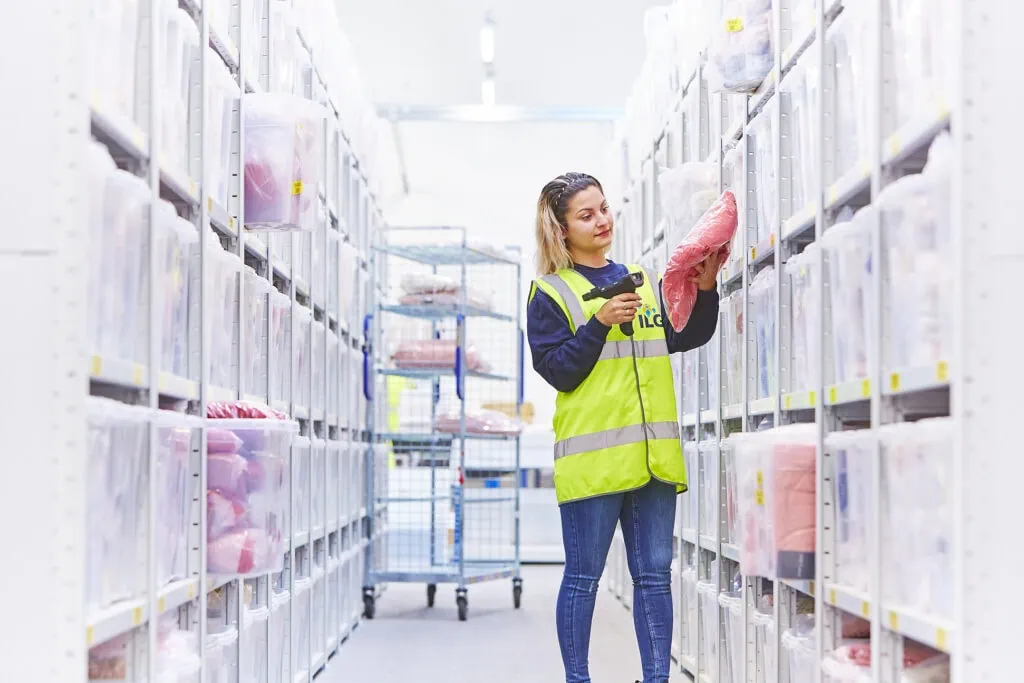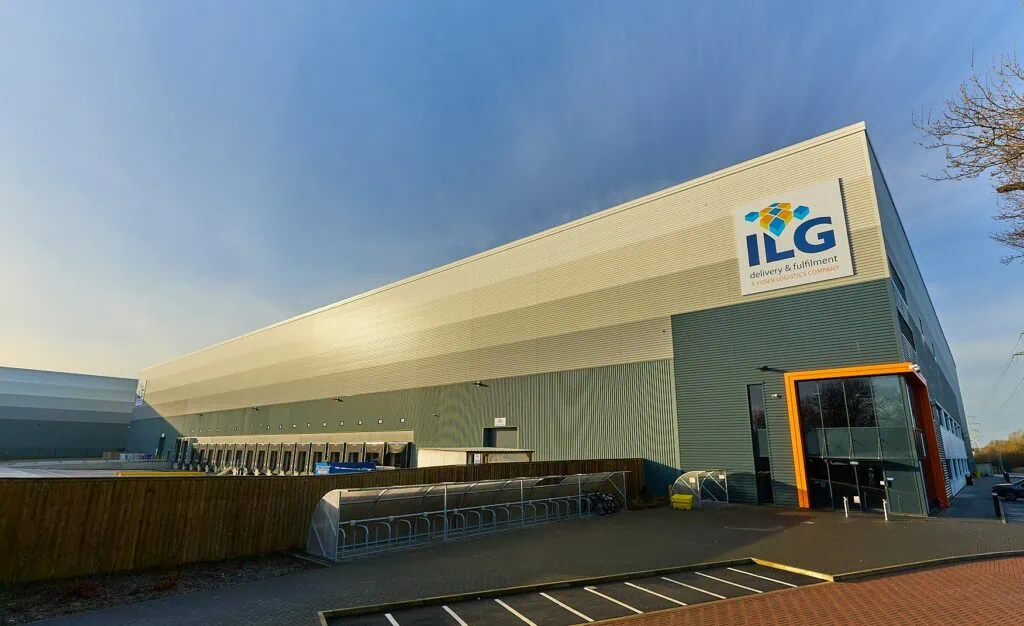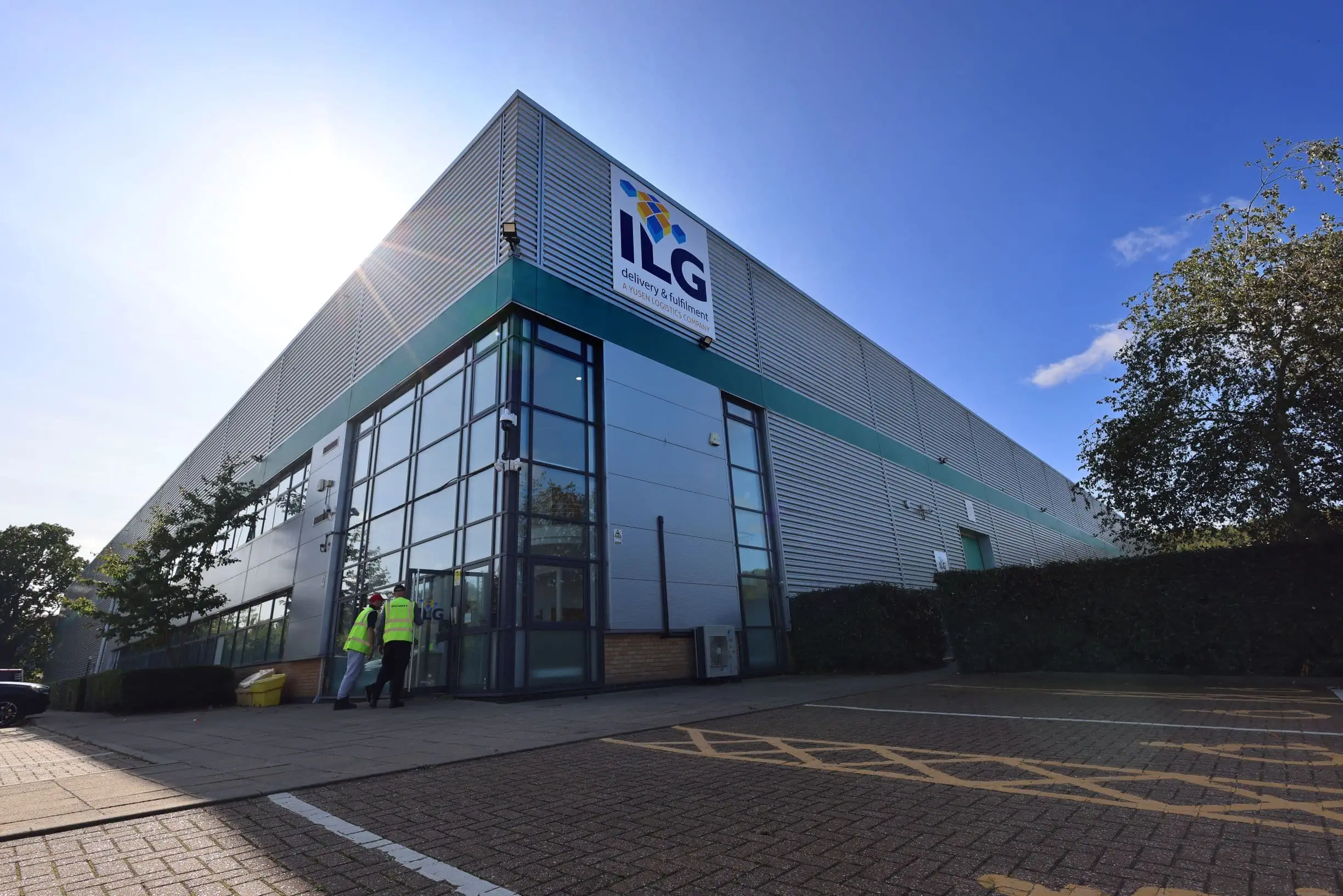
Like any growing 3PL, every year ILG operates more warehouse space, ships more parcels, consumes more packaging, uses more energy and generates more waste.
Long before the current climate crisis, we became acutely aware that our commercial success was having a mounting impact on the environment. We needed to do something about it, and quickly. Because the bigger our business grew, the tougher it would be to root out unsustainable practices and shift our climbing emissions into reverse.
So, back in 2018, we went public with a tangible and ambitious target for shrinking our CO2 footprint. We gave ourselves a five-year deadline for cutting our emissions by 35%. It felt like a bold target for a rapidly expanding, energy-hungry fulfilment business. And, with obstacles like Covid and Brexit just around the corner, keeping our collective eye on the prize proved even more challenging than we could have imagined. But, we did it. Last year we smashed our 35% reduction target eight months early and went on to cut our CO2 emissions by 56% as we passed the five-year milestone.
ILG staff worked tirelessly to hit that target, but it was only the first step. The astonishing and deadly climate events of the past year are a stark reminder that every organisation needs to go further and do more. So ILG is making a commitment to become a net-zero* business by 2030. We hope ILG’s ‘Zero-By-Thirty’ mission sets an example to our people, customers and the wider logistics industry to respond urgently to the threat of climate change.
How are we going to do it? First, our progress so far is good evidence that we can adopt more sustainable behaviours without inhibiting business performance. By setting ‘sustainability’ as one of our four strategic cornerstones, we keep it high on the agenda and an ‘always-on’ cross-departmental priority. Meanwhile, our small army of volunteer Green Champions encourage greener practices on the front-line in all our fulfilment centres and contribute a rich source of new ideas and fresh thinking on how to suppress any negative environmental effects of our day-to-day work.
We’ve switched all of our gas and electricity supplies to green energy. 100% of our waste is either recycled or processed to generate electricity – enough to power 60,000 homes! All of our cardboard waste is compacted and baled to minimise vehicle movements, and we work closely with packaging manufacturers to design planet-friendly boxes and cartons for our customers. We’ve started to recycle plastic waste from our warehouses too, turning baled plastics items into new refuse sacks. And we’re upgrading our warehouse estate, by replacing older facilities with newer, more energy-efficient BREEM-excellent fulfilment centres, equipped with EV chargers, extensive skylights and motion-sensor LED lighting.
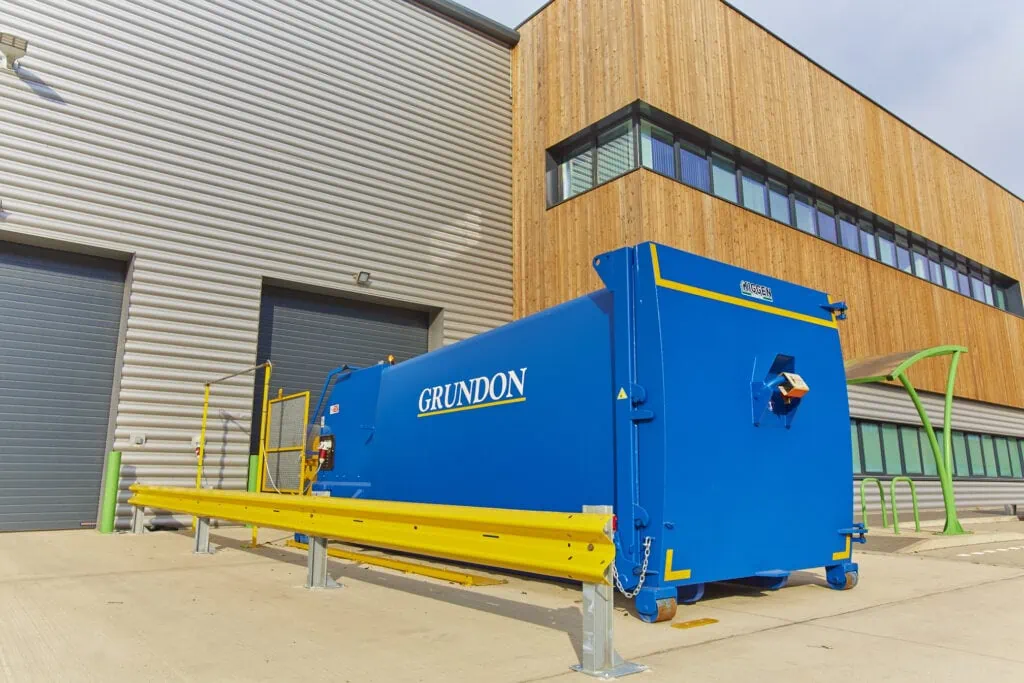
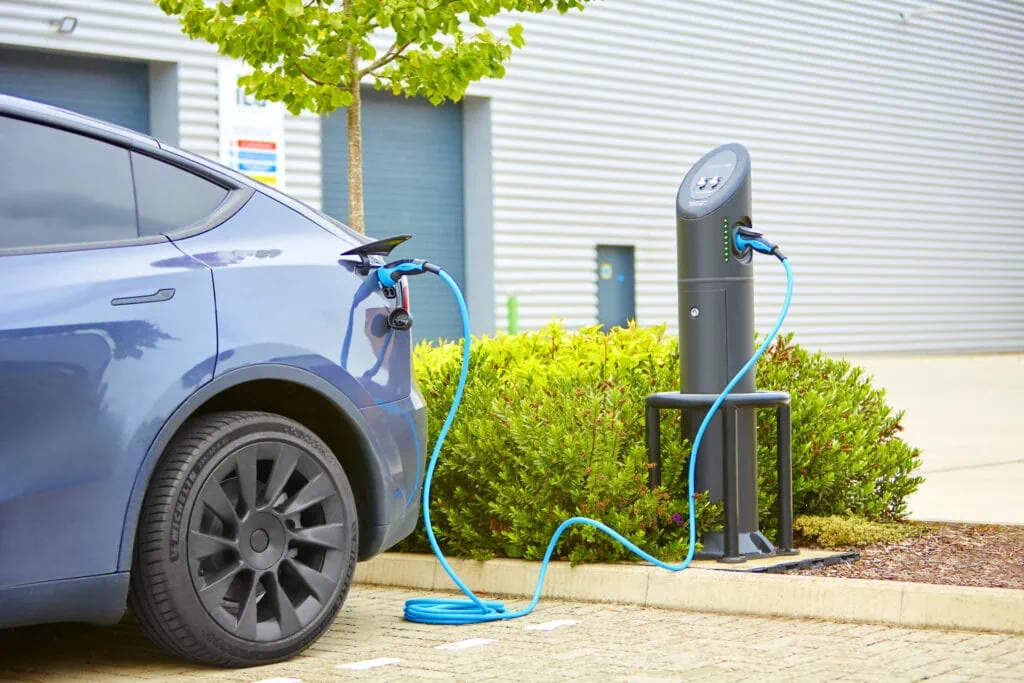
But sometimes it’s the smallest of initiatives that are the most visible across the business. Under the banner ‘ILGreen’ our Sustainability Team are busy keeping staff motivated and educated in all things environmental, with monthly programmes of competitions and activities (eg Sustainable September), quarterly GreeNEWS newsletters and local promotions to eliminate waste. For instance, at our Northampton warehouse, replacing throw-away plastic cups with recyclable alternatives is saving over 51,000 items of plastic waste every year.
Of course, we need to do much, much more. Such as understanding how we can accurately measure the emissions associated with each individual delivery performed by our carrier partners, all of which are on their own sustainability trajectories. By evaluating these impacts we’ll be better informed to choose greener transport options and mitigate the effects of thousands of delivery journeys. We are migrating our company fleet to hybrid vehicles or EVs and implementing car-share and other green travel policies. And we’re working closely with our landlords and solar energy consultants to explore how solar panels can ease our reliance on external electricity suppliers.
To achieve ‘Zero-By-Thirty’ we will need to tick all these boxes and make countless other changes to the way we work. To help us, our ISO 14001 certification, awarded to us in May 2023, gives us a framework for managing our environmental impact and evaluating our environmental management systems, processes and policies. ISO 14001, an internationally recognised standard, is there to help keep us on track and compliant on our long road to net-zero.
Climate change affects us all. Like so many of our customers and our customers’ customers, we’re determined to do our bit to take responsibility for our footprint and do whatever we can to protect our planet. We’re on our way to 100% sustainable fulfilment and ‘Zero-By-Thirty’.
If you’d like to find out more about our sustainable fulfilment services, contact us here or complete the form below.
*Scope 3 Operational
Contact Us
More insights >
How to Manage Your Stock with SKU Numbers: Best Practice Guide
If you’re an e-commerce business, efficient inventory management is essential – and one important part of this is understanding SKU numbers.
ILG is a Finalist for Best Logistics Solution at the BeautyMatter 2025 Awards!
We’re thrilled to announce that for the third year in a row, ILG is a finalist for ‘Best Logistics Solution’ at the BeautyMatter 2025 Awards!
